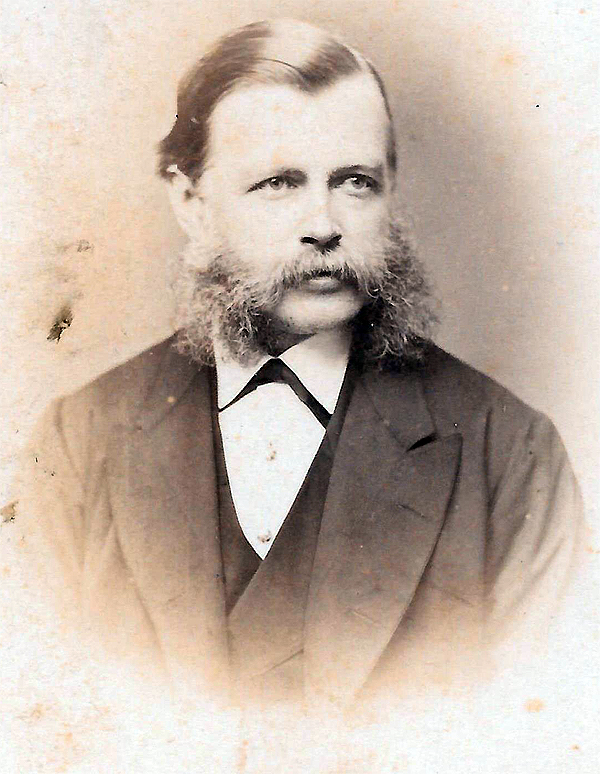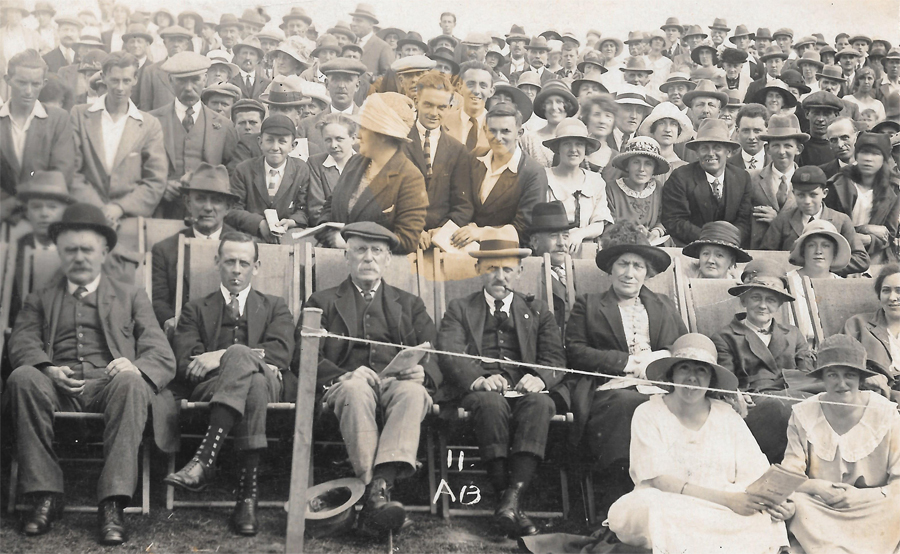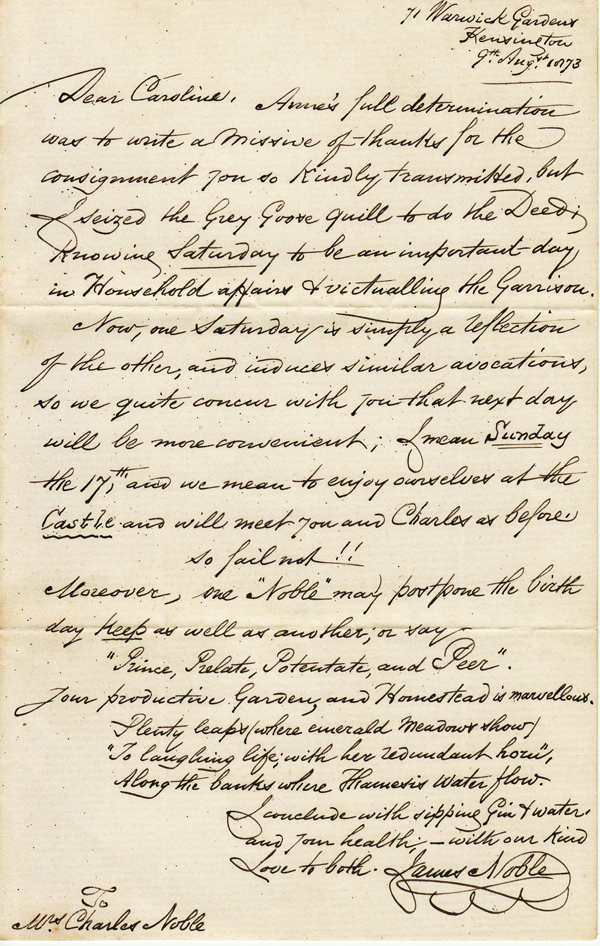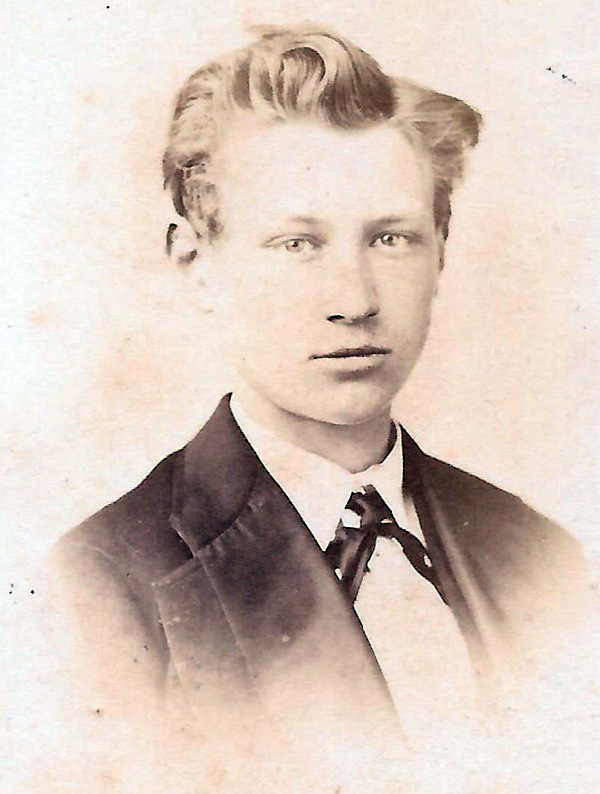 Why I’m Fascinated by British Social History:
Why I’m Fascinated by British Social History:
Personal Passion: As an amateur historian, I’ve had a lifelong fascination with British history.
Interest in Ordinary Lives: My focus lies in British social history, particularly in understanding the lives of ordinary people, including their experiences, emotions, and perspectives.
Preserving Personal Records: I find value in preserving records and artefacts left behind by individuals, such as letters, photographs, and personal documents.
Deeper Understanding of the Past: Exploring these personal stories allows for a more profound comprehension of historical events and their impact on the present.
Benefits of Exploring Everyday Lives:
Challenges and Triumphs: By studying the lives of everyday people, we gain insights into the challenges and triumphs they faced.
Cultural Insights: This exploration unveils customs, beliefs, and lifestyles, contributing to a more nuanced understanding of historical periods.
 Marginalised Perspectives: It sheds light on the experiences and perspectives of marginalised groups, offering a more inclusive historical narrative.
Marginalised Perspectives: It sheds light on the experiences and perspectives of marginalised groups, offering a more inclusive historical narrative.
British Social History as a Captivating Field:
Encompassing Changes Over Time: British social history covers social, cultural, and economic changes that have occurred over time in Britain.
Insights into Daily Life: Researching this field provides valuable insights into how people lived and navigated challenges throughout different historical periods.
Shaping British Society: Understanding social movements and cultural developments contributes to a deeper appreciation of how British society has evolved.
 Accessible Resources for Study:
Accessible Resources for Study:
Archives, Libraries, Museums: Abundant resources, including archives, libraries, and museums, offer access to books, photographs, and artifacts.
Online Databases: Platforms like the British Library’s digital collections provide convenient access to a wide range of historical materials.
Key to Successful Research: A strong understanding of historical context, critical thinking skills, and the exploration of multiple sources are crucial for successful research in British social history.
Value of Archives and Personal Collections:
Invaluable Resources: Archives, letters, and ephemera left by ordinary British people serve as invaluable resources for understanding the past.
Personal Glimpses: They offer personal glimpses into the lives and experiences of everyday people, going beyond official records.
Sole Surviving Records: In many cases, these archives and documents may be the only surviving record of a person’s life.
Importance of Remembering Ordinary Lives:
Deeper Understanding: Remembering ordinary people provides a deeper understanding of the past and how people lived their lives.
 Cultural and Social Context: Studying personal collections offers insight into the cultural, social, and historical context of specific time periods.
Cultural and Social Context: Studying personal collections offers insight into the cultural, social, and historical context of specific time periods.
Acknowledging Contributions: Preserving these collections acknowledges and celebrates the contributions of individuals who, though considered “ordinary,” played important roles in their own right.
Significance of Social History:
Daily Experiences: Social history delves into the daily experiences, customs, and values of ordinary individuals across different time periods.
Perspective on the Present: It enriches our understanding of the present and provides a sense of perspective and continuity over time.
Reviving Forgotten Stories: Historical research brings to life interesting stories, personalities, and events that may have otherwise been forgotten.
In summary, the study of British social history, fuelled by a passion for ordinary lives and enriched by accessible resources, offers a comprehensive understanding of the past and its enduring impact on contemporary society.
